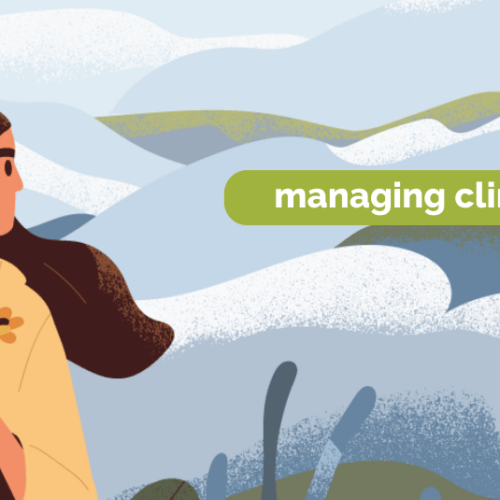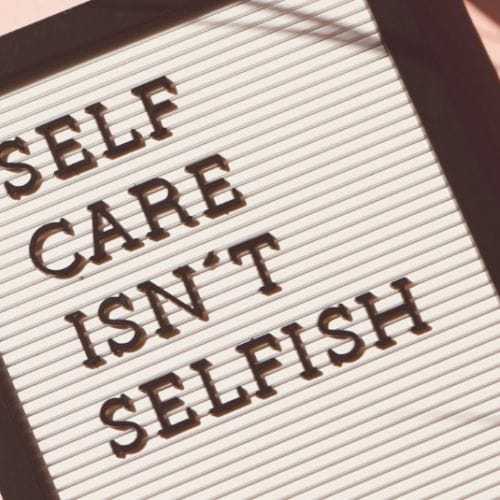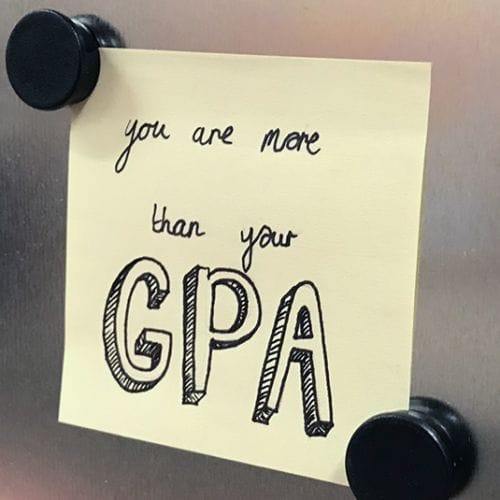More and more, we are seeing recent global and national climate disasters affect communities and individuals. From the most recent hurricanes, to the wildfires in California, and flooding in Pakistan, we are aware of the impact on mental health that these disasters can have. Whatever you are feeling because of these events is okay, and it’s important to remember that you’re not alone: these pains are globally felt. Climate anxiety is real, and can greatly impact our mental and emotional well-being. While we cannot solve climate change on our own, we can practice behaviors that will help the Earth and protect our own mental health in the process. Here are five tips for coping with climate anxiety to get started:
- Reflect on Your Responsibility: It is important to remember that your personal actions are not the cause of greater issues such as climate change and disasters. This is a global struggle, one that is being largely contributed to by outside sources. As individuals, we can only do so much. Do your part to take care of the environment when possible, but remember, the weight of this problem is not all on you. However, if you’re struggling with intense feelings of guilt or shame, talk to loved ones or reach out for support. Turning to others in a time of need is a sign of strength. When having these conversations it is helpful to use V-A-R®, or Validate-Appreciate-Refer. This tool can aid you in supporting friends and family during what can sometimes be difficult conversations about how their mental health is doing.
- Be Informed, With Boundaries: Staying informed, while also knowing when to stop consuming media, allows you to take in the necessary information while protecting your mental well-being. With so many news articles and information available to us at the click of a button, it’s easy to spend hours scrolling online, reading all there is to know about the state of our planet and climate change. Set yourself a limit of how many minutes per day you will spend reading about these current events, and stick to that limit. This can be done by setting timers or app time limits. Take moments to consciously check in with yourself. Try asking, “Is this consumption necessary?” and “How is this affecting my mental health?”
- Check Your Sources: To make sure you’re getting the most accurate information, rather than an exaggerated version, use news outlets and sites that are known to be reputable. Indulging in biased sources can bring up strong emotions that negatively affect our mental health without measurably increasing our knowledge or awareness. Also, stay away from not reputable social media accounts and fact-check what you see on social media. Be mindful that anyone can post anything on social media and that not everything you see is accurate.
- Find Balance: Take a break from the world, put your devices away, and do that hobby that helps you escape for a bit. Whether that be reading, painting, or just going for a walk in the fresh air. Do what energizes you. It is normal for these events to bring up anxious thoughts and emotions – in conjunction with self-care, we encourage you to check out these resources for anxiety. Remember, taking care of yourself is your top priority. Find what best supports your mental health and implement it into your daily life.
- Take Action: For some, getting involved and advocating can help to support their mental health by providing a greater sense of purpose and personal satisfaction. You can participate in climate-related efforts by donating, fundraising, researching the issues, writing to your legislators, speaking to climate change representatives and organizations, and encouraging discussion on campuses. If you do choose to advocate for issues important to you, we recommend that you take moments to check in with yourself and always prioritize your mental health first.
With these tips for confronting climate anxiety, we hope that you will be able to manage negative feelings that may arise day-to-day. However, the impact of the effects of climate change will persist. Our thoughts are with those impacted by recent global climate disasters. Remember, you are not alone and there is help available. Please dial 988 or visit Active Mind’s crisis resources if you need extra support during this time.
Written By: Celia Zevon, Active Minds’ Social Media Content Producer, and Diya Basu, Active Minds’ Fall 2022 Social Media Intern







